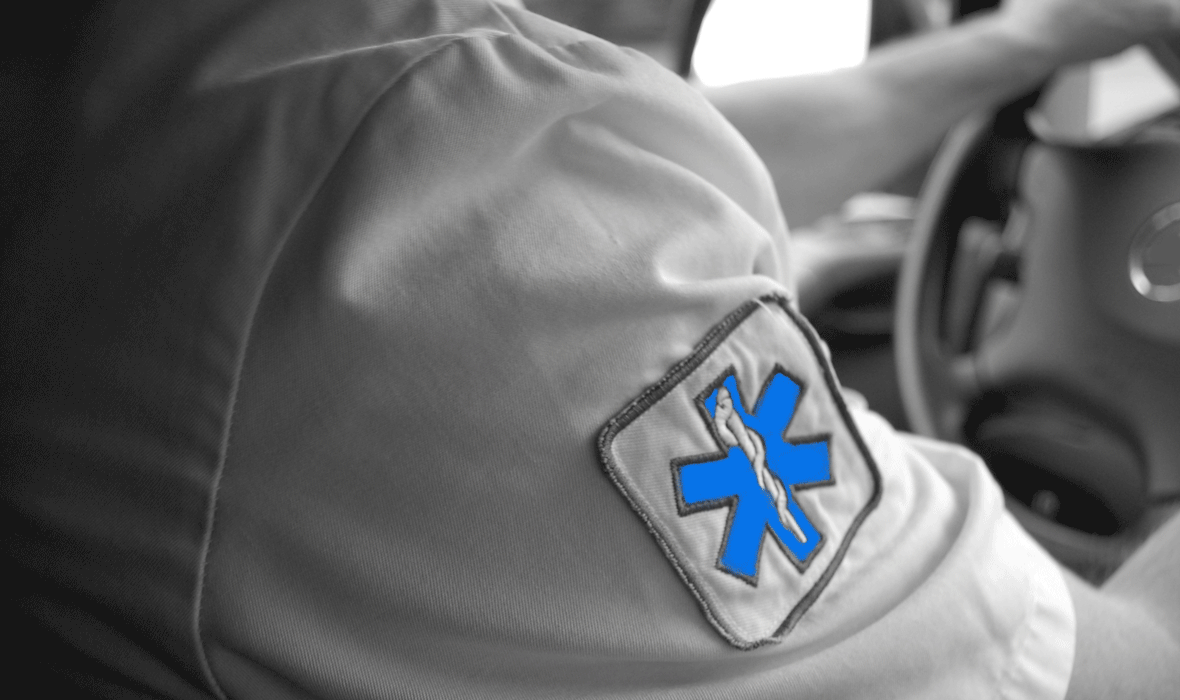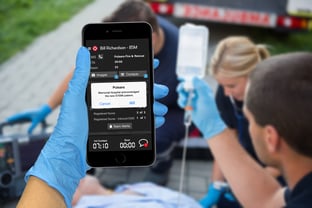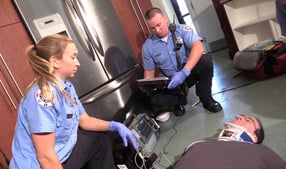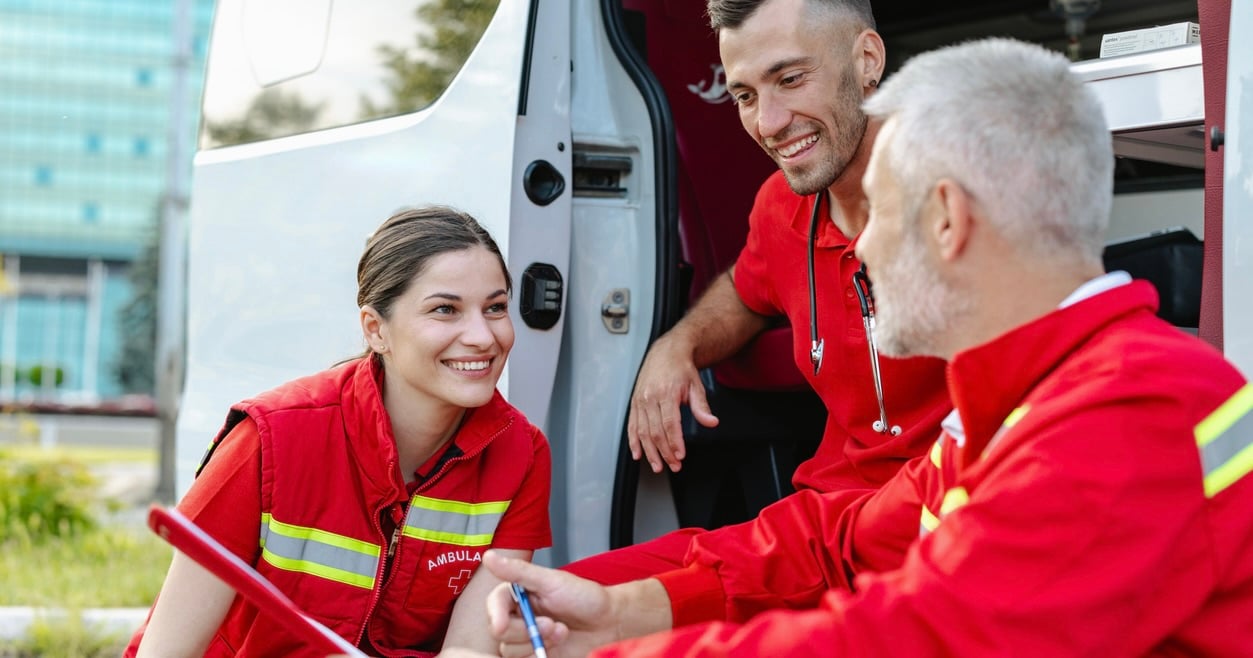Pulsara Around the World - 2025 Recap and January 2026
December Recap After an incredibly busy events year with 102 conferences, trade shows, and sponsorships, December was on the slower side for us, with...

EDITOR'S NOTE: Special thanks to Jessie Senini for writing today's blog post. You can connect with her on LinkedIn.
It’s a bit strange to sit here thinking about our new normal in this COVID world. In the last three months, our lives have changed dramatically. We have changed dramatically. I believe things will never be quite the same.
There is a silver lining in all this, though, and that is our ability to handle change. That ability comes from the experiences with time-sensitive emergencies that most medics reading this blog are familiar with. We are emergency medicine. We are a dynamic group that is quick to adapt and problem solve. In essence . . . we’ve got this. We don’t panic. We take a thousand-foot view and narrow down to quick actions that make the most sense based on the collective years of emergency response we have under our belts. Now, when we finally have a chance to breathe and look back on these three months, we can finally see the results of our actions, and in many ways, apply it to our brave new world.
We have the benefit of using the lessons learned during these times to carry over into any type of situation. And we should apply them, since that’s an imperative part to breaking a cycle of repetitive history. So, here are three things I have learned as a Client Services Specialist and Paramedic during this pandemic.
 We need a solid, effective regional communication tool in place that conveys real-time information across international, state, and local agencies. It’s simple: streamline communication, reduce the number of platforms you use to do this, and group the right people together (digitally, of course). Wouldn’t it be great if we had an app that could be implemented in a remote and fast manner that is quick to download and teach? That communication solution exists, and it can help us streamline coordination and connect the right members of the care team on the same channel, with the right information, at the right time. Simplifying communication is a great place for us to start preparing for the future. I promise you: it’s way less complicated than fantasy football.
We need a solid, effective regional communication tool in place that conveys real-time information across international, state, and local agencies. It’s simple: streamline communication, reduce the number of platforms you use to do this, and group the right people together (digitally, of course). Wouldn’t it be great if we had an app that could be implemented in a remote and fast manner that is quick to download and teach? That communication solution exists, and it can help us streamline coordination and connect the right members of the care team on the same channel, with the right information, at the right time. Simplifying communication is a great place for us to start preparing for the future. I promise you: it’s way less complicated than fantasy football. At first this seems a little counterintuitive, and I don’t mean this to say that we shouldn’t execute our plans in a timely fashion. This is an old paramedic proverb that reminds us that if we feed off of the panicked mindset of those around us, we will give in to rushing and make poor decisions and mistakes. When we take a calm and collected approach, we can be much more systematic and effective. We lay a solid foundation for professional care to be rendered. We help patients far more by remaining calm.
At first this seems a little counterintuitive, and I don’t mean this to say that we shouldn’t execute our plans in a timely fashion. This is an old paramedic proverb that reminds us that if we feed off of the panicked mindset of those around us, we will give in to rushing and make poor decisions and mistakes. When we take a calm and collected approach, we can be much more systematic and effective. We lay a solid foundation for professional care to be rendered. We help patients far more by remaining calm. 
December Recap After an incredibly busy events year with 102 conferences, trade shows, and sponsorships, December was on the slower side for us, with...

Editor's Note: In July 2025, EMS1 and Fitch & Associates released their annual EMS trend survey, What Paramedics Want, proudly sponsored by Pulsara....
![[PRESS RELEASE] Published Research Finds Up to 31% Faster STEMI Treatment Times in Rural Hospital Setting with Pulsara](https://www.pulsara.com/hubfs/_1_website-page-blog-assets/pulsara-hosp-teams-assign-cardio-stemi-rn-1200x701.jpg)
Published research shows how using Pulsara, alongside standardized field activation and a focus on stakeholder relationships, improves STEMI care and...